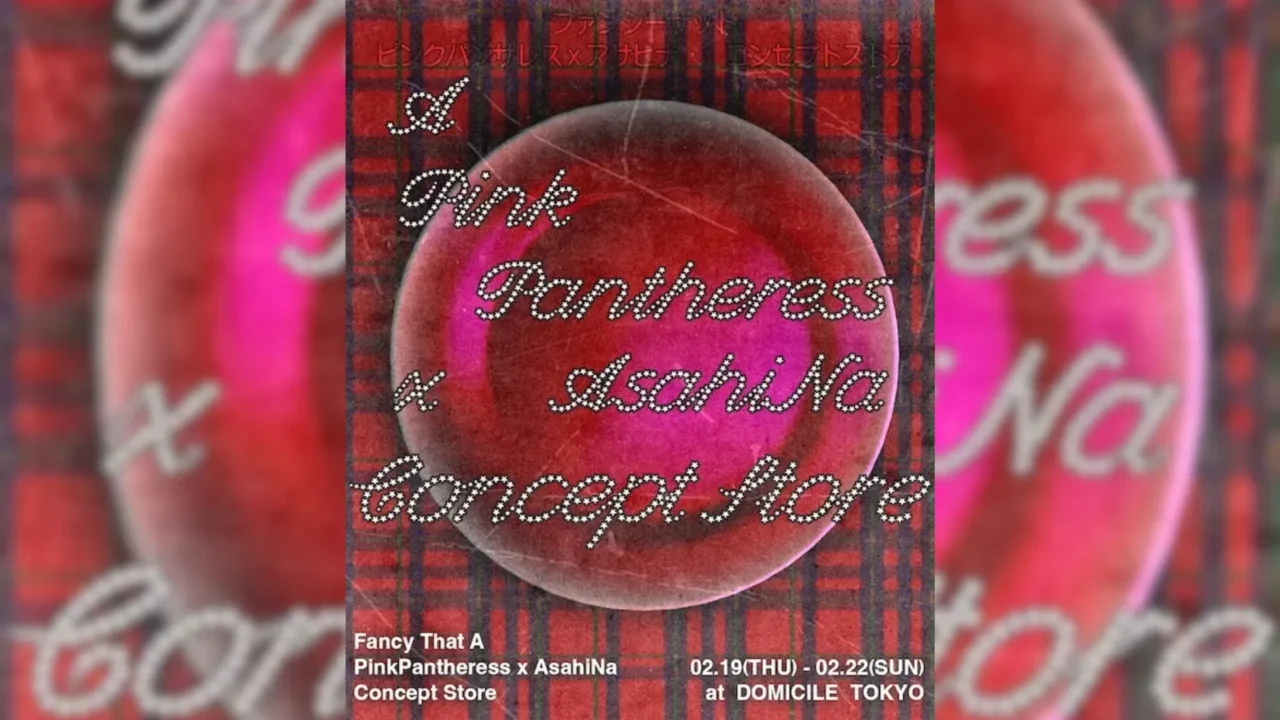INDEX
Challenges in the Art of Weaving Words Unlike Crafting Lyrics
In the interview with Mei Kawano in “Bungakukai,” you mentioned that, unlike lyrics, “I always feel that in writing, it is important to feel that the meaning of the text is ultimately written out in words.
Shibata: I think that in lyrics, tanka poems, and novels, the good parts remain even if they are not fully conveyed, but I think that this is ambiguous in essays. Some people write very artistically, while others write essays like “Tenseijingo. I think that since they are published, there is inevitably a fictional quality to them, but I have the impression that they have to be written in a completely different way than lyrics to be interesting.
With lyrics, it is possible to convey a message by combining various elements such as sounds and performers, but text is abstract, and it is quite difficult to express something by itself. I felt that you can’t build a house without a foundation, and that something can’t be conveyed unless it has a proper structure.
Do you feel that the plain style of writing helped you in this process?
Shibata: For example, it is quite difficult to describe an apple using only letters. People might be able to imagine apples, but things that are a bit mysterious or far from reality, or things that are on your mind, people might not be able to relate to them.
In order to express such things, you have to have a solid structure, and I think that sentences that feel like they are correctly connected are easy to convey. I felt that people who write words are doing a solitary task, because it seems like writing something that no one has ever seen before is what makes it interesting.

I think that in the case of – – writing, there may be no melody, but there is a kind of rhythm or groove, so what were you conscious of when you were writing?
Shibata: I usually emphasize the importance of rhythm when writing poetry and applying it to melody, so it has become a habit of mine. I was conscious of things like how it feels good to read, how it speeds up, or conversely, how it slows down. I thought it was interesting that you could build the rhythm more freely in writing than in music.
But I felt that the text was more free.
Shibata: However, there are times when you are faced with infinite freedom and you can’t do anything. Because there are almost no restrictions, I felt, “This horizon is vast. In the case of music, the whole process of writing poems, composing songs, making arrangements, and mixing is connected to me all the way through. But with writing, the only clue is the written word. I really wondered how people who write long sentences keep track of them.
One of the restrictions was that it was in a diary format, as the title “Diary” suggests.
Shibata: When I told the first editor that I did not know how to start writing, he suggested that I start with “a certain day of the month. I thought it was important to have one constraint.

























